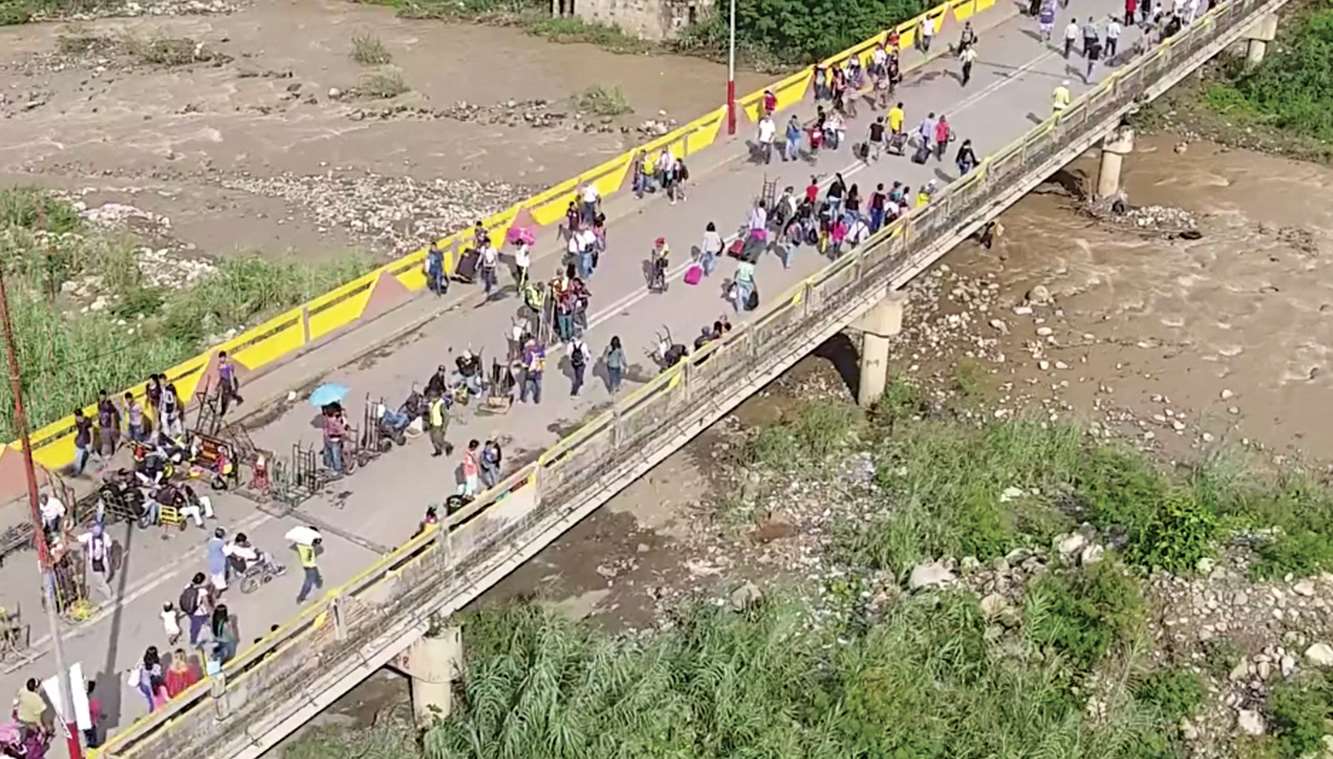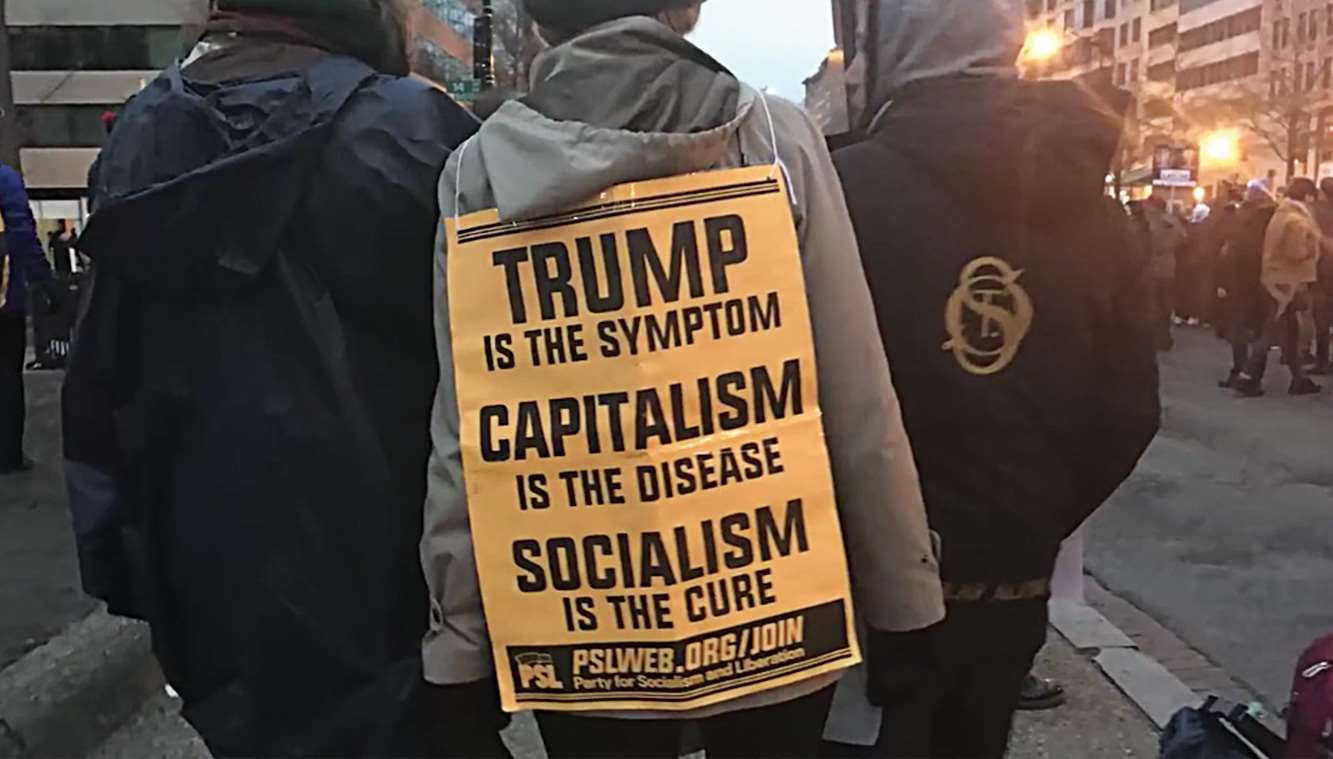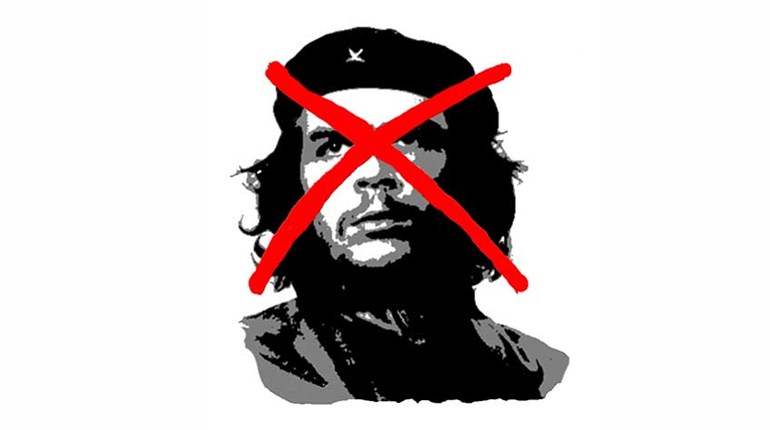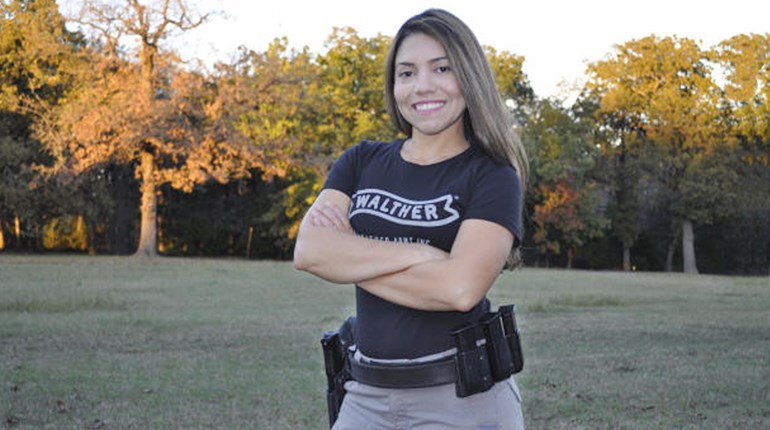
The crowd was getting anxious.
They had been gathering in McPherson Square for nearly an hour, beating drums and chanting vulgarities about soon-to-be sworn in President-elect Donald Trump. Some of their signs were quite amusing. One guy carried a placard that read, “Not usually a sign guy, but geez …” Another showed a photoshopped image of Trump and Russian President Vladimir Putin riding shirtless together on a horse. There were signs advocating for Bernie Sanders and even Michelle Obama in 2020. (Now that’s funny right there.) But the one that caught my eye, carried by a young college co-ed on a sandwich board, said:
Trump is the Symptom
Capitalism is the Disease
Socialism is the Cure
That got me wondering what this kid, toting her iPhone in wanton irony, who wasn’t even alive during the Soviet era, means when she sings the praise of socialism. Surely she isn’t talking about the soul-crushing culture of the former USSR, where the entire society was designed to make the individual seem insignificant and bureaucracy was the national sport. She couldn’t have been thinking of the People’s Republic of China, where state control would have reached even to her mother’s womb, making it likely that she, as a female, would have been aborted in favor of a boy baby during that state’s disastrous “one child” policy. She probably missed the fact that Nazi is shorthand for National Socialist German Worker’s Party—they were community organizers before it was cool!

She’d probably bristle at the suggestion that socialism has killed more people in the last 100 years than Nazi Germany and the Rwandan genocide put together. So what is this “cure” she is advocating?
I’ve lived in a capitalist country all my life. So I decided to go find out what a socialist country is really like from people who actually live in one. I decided to visit the socialist paradise of Venezuela.
Slight problem with that idea: Many cities in that country are more dangerous than Baghdad, and my Venezuelan friends warned me that as a journalist, it’s a near certainty I’d be detained by government thugs, robbed and maybe even made to disappear. I try to make a habit of returning from the places I visit, so I was reluctant to book a flight directly to Venezuela.
But then a solution presented itself: I read an article about hundreds of thousands of Venezuelans crossing the border into Colombia to go shopping. They are visiting the Colombian town of Cucuta, crossing the border which until August 2016 was closed due to paramilitary violence in the region. Many of those entering Colombia apparently have no plans to go back home.
A quick flight to Bogota and one connection—done. In half a day I was checking into my hotel in Cucuta. The next morning, I caught an early taxi and told the driver to take me to la frontera—the border.
The crowds were astounding. So many people were streaming across the pedestrian-only bridge into Colombia that I wondered if it might collapse under the weight of all that humanity.
I’m fluent in Spanish, so conversing with the people wasn’t a problem. What was a problem was getting people to talk on camera. I walked up to the Colombian border guards, who were making a feeble attempt to check the people coming across, many carrying duffel bags, pushing strollers or hauling large suitcases. One harried official told me at least 55,000 people a day were making use of the crossing, down from more than 100,000 when it opened last year.
On the Cucuta side, the muddy streets were lined with money changers, called “maneros,” whom I saw waving large stacks of Colombian currency, ready to convert the Venezuelans’ money to Colombian pesos. That’s when I realized what was in those duffel bags and suitcases the Venezuelans were carting across the border: They were stuffed with Venezuelan currency.
The Venezuelan Bolivar Fuerte was worth about 25 cents in 2011. Today, it’s near worthless: It takes nearly 50 bolivars to buy one U.S. penny. Experts predict 1600 percent inflation in 2017.
Venezuela has the world’s largest oil reserves. The country is incredibly wealthy in natural resources. But in 1998 the Socialist president Hugo Chavez took power and things started going downhill. He nationalized huge swaths of the economy, borrowed billions from overseas, then spent a lot of money he didn’t have on “social justice”—e.g. massive welfare for the peasants aimed at buying their votes. (Sound familiar?) That part worked, and Chavez was reelected (albeit without much opposition) several times until his death in 2012. His successor, Nicolas Maduro, doubled down on the socialist theme, which brought further spikes in levels of corruption, poverty, capital flight and violent crime.
What does this look like on the ground? According to the Venezuelans I interviewed, it means empty shelves at the grocery store. It means people are hunting each others’ pets for food. Toilet paper is nearly impossible to come by—fortunately the worthless Venezuelan banknotes suffice.

When these Venezuelans cross into Colombia, their month’s pay in Bolivars will now only buy about two days of food. Prostitution is rampant, even among married women. Kidnapping, robbery and murders are everyday occurrences.
I wandered amidst the throng, asking people to tell me their stories. I heard the same refrain again and again: Socialism is a system of limitations. It causes people to withdraw from their community in order to survive. The government invades into every crevice of life, which is probably why nobody wanted to tell me that on camera. They were afraid of repercussions.
I encountered one family of five just as they were leaving a grocery store with a pitiful bag of rice and small jug of oil to show for the huge wad of cash they’d spent. I told them about that girl at the inauguration protests. I showed them a photo of her sign. Their reactions were the same: Their jaws dropped, and they shook their heads in disgust. “She doesn’t know socialism” they said. “WE know socialism. Don’t ever let it take hold in your country.”
I asked them how they would survive on the meager supplies they had purchased. The matriarch of the family wiped a tear and simply said, “I don’t know.” Her hopelessness hit me hard, so I reached into my pocket and passed them a $20 bill—equal to about two months’ pay in Venezuela.
And there is the difference: If I want to use the fruit of my own labor to help those in need, that’s not socialism. It’s capitalism, the most moral economic and political system on planet earth.
If you believe, like the socialists, that the government should confiscate the fruit of my labor by force and give it to others, that isn’t charity. It isn’t democracy, either. It’s lowest-common-denominator living, and any Venezuelan can tell you it’s not much of a life.
There’s one other thing socialism isn’t. It isn’t America.
Never has been, and, God willing, never will be.
Chuck Holton is a veteran Army ranger and NRATV correspondent.

































